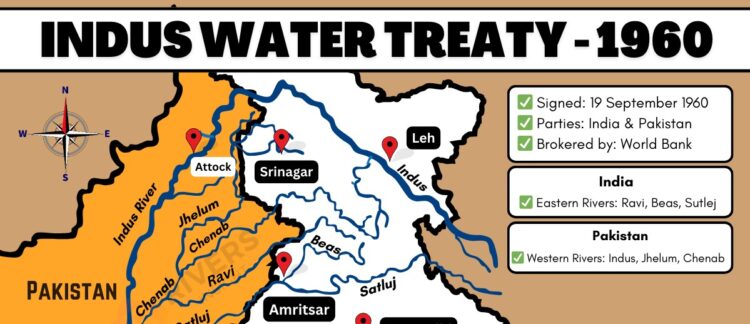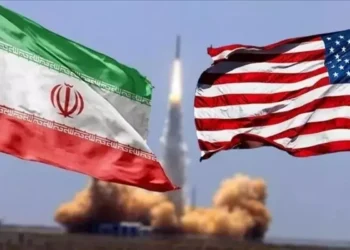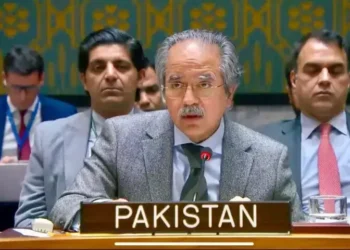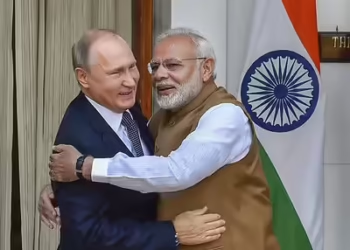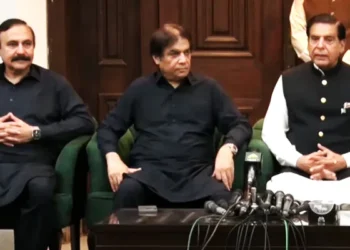ISLAMABAD (Web-Desk); International and local experts are firmly rejecting India’s unilateral suspension of the Indus Waters Treaty (IWT), declaring it legally untenable without Pakistan’s consent.
Their statements come in the wake of India’s announcement to halt participation in the decades-old treaty following the Pahalgam attack in Indian-administered Kashmir.
A detailed Al Jazeera report underscores that India lacks both the infrastructure and capability to fully control the western rivers allocated to Pakistan, branding New Delhi’s move a largely political maneuver aimed at spreading fear.
Meanwhile, the World Bank — a guarantor of the treaty — has reiterated that no unilateral suspension is legally permissible. Environmental scholars and analysts warn that turning water into a political weapon jeopardizes not only international law but also millions who rely on these river systems.
The treaty, signed in 1960, remains critical for Pakistan’s water security, and experts stress that tampering with it endangers fragile regional peace.
Majid Akhtar, a Senior Lecturer in Geography at King’s College London, echoed this sentiment, calling India’s suspension of the IWT “just an attempt to inflict symbolic damage on Pakistan.”
The Al Jazeera report further suggests that India’s desire for complete control of river water by “occupying Kashmir” and making the water issue part of its politics is a dangerous policy.
World Bank and Legal Perspectives:World Bank President Ajay Banga has also weighed in, unequivocally stating that there is no scope for unilateral suspension in the Indus Waters Treaty. He emphasized that the treaty can only be changed or terminated with the mutual consent of both countries.
The World Bank, as a signatory and facilitator of the treaty, holds a crucial position in its interpretation and implementation.
New Delhi-based political analyst and water expert Anuttama Banerjee affirmed that India cannot completely stop the flow of the rivers, only temporarily regulate the discharge. This is due to existing infrastructural limitations and the sheer volume of water, especially during high flow seasons from melting snow in the Himalayas, which India currently lacks the capacity to store.
Dean Heinz, an environmental historian and author from University College London, pointed out that India suspended the treaty immediately after the Pahalgam attack, using it as a “political weapon.”
Al Jazeera further noted that India is openly violating international law by ignoring recent rulings from a Court of Arbitration convened under the IWT’s dispute resolution mechanism.
This court, in a “supplemental award” issued on June 27, 2025, ruled that India’s unilateral decision to hold the treaty in abeyance does not affect the court’s competence to hear and decide disputes concerning projects like Kishenganga and Ratle. India has, however, rejected the authority of this Court of Arbitration, deeming it “illegally constituted” and its decisions “void.”
The Indus Waters Treaty, signed in 1960, has been a cornerstone of water-sharing between India and Pakistan, surviving multiple conflicts. Pakistan has consistently maintained that any unilateral alteration or suspension of the treaty would be a grave violation of international law and a direct threat to its water security.





















































